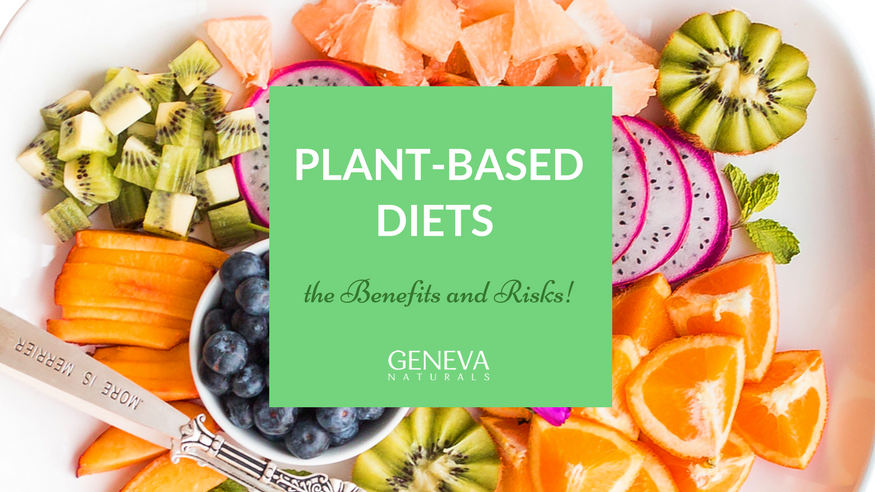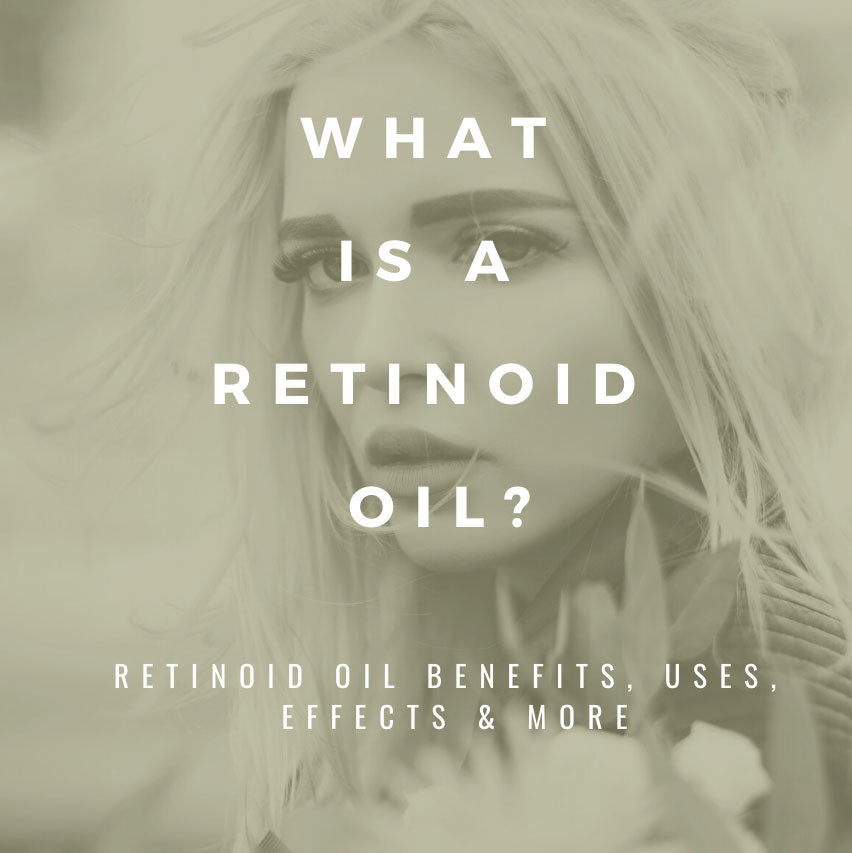Plant-Based Diets: Benefits and Risks


Although Americans are known for their high-meat, high-animal product consumption, there’s been a recent shift to plant-based diets, especially by those who have found themselves in medically-compromising situations. For every person proclaiming veganism is the answer, there seems to be two skeptics questioning the validity of a vegan’s claims. To better understand if a plant-based diet is the answer for optimal health, it’s best to understand what exactly this form of eating entails. Read on to learn about the benefits and risks of plant-based diets!
What is a Plant-Based Diet?
A healthy, plant-based diet is a diet that consists of minimally processed whole grains, fruits, vegetables, legumes, seeds and nuts, herbs, and spices. This form of eating excludes all animal products: red meat, poultry, eggs, fish, and dairy products. The best plant-based diet should be low in sugar and high in vegetables.
Endless amounts of research prove that eating plants is essential for a healthy body, yet those on the other side of the coin question whether or not a plant-based diet can provide all the necessary nutrition needed for a healthy body. Let’s breakdown the claims and facts surrounding this controversial lifestyle change in an attempt to decide if plant-based diets should become the new norm.
Health Benefits
High Vitamin Consumption
A healthy vegan diet should consist of large amounts of fresh fruits and veggies, raw nuts, beans, and whole grains. When all these items are consumed daily, diets tend to be high in vitamins B1, C, and E, folic acid, iron, and magnesium. Eliminating animal products also leads to low cholesterol levels and saturated fats.
Lower Risk of Health Issues
Studies have reported that vegan diets lower blood sugar levels in diabetics quicker and more effectively than diets issued from credible institutions such as the American Diabetes Association and the American Heart Association. Other health benefits include the following:
- Reduced dosages of blood-sugar-lowering medication for Type 2 diabetics
- Decreased risk of cardiovascular disease
- Lowered levels of hypertension
- Smaller chance of strokes
- Healthier weight levels
- Reduction of some cancers including prostate and colon cancer
- Elimination of arthritis and chronic inflammation
- Increased kidney function

Healthier Skin and Hair
Those who choose a vegan diet are known for having a healthier outer appearance. Thanks to the high nutrient density found in fruits and vegetables, here are just a few ways eliminating meat improves your appearance:
- Less skin breakouts
- Higher skin elasticity
- Quicker hair growth
- Less brittle nails
- More supple skin
Concerns/Risk Factors
Low Protein Consumption
One of the main issues associated with plant-based diets is the lack of protein consumed. Meat and animal products are known for high protein, which is necessary for a balanced metabolism and energy production. It’s essential for vegans to consume high amounts of protein daily by consuming plant-based protein powders made from items like hemp, chia seeds, and peas.
Low Vitamin B Levels
B-vitamins are an essential part of overall health, ranging from healthy hair and nail growth to supporting brain function. Animal products are the main sources of vitamin b, meaning vegans must consume fortified foods and vitamin B supplements on a daily basis to maintain healthy vitamin levels.
Whether or not you want to try out a plant-based diet depends on many factors, but there are so many benefits that you might want to consider it! Just make sure that you're getting enough of all the essential vitamins and nutrients. Make sure that your skin is also getting enough nutrients with our vegan tinted moisturizer.
Try it out!
Also in Geneva Naturals

What Is A Retinoid Oil? Retinoid Oil Benefits, Uses, Effects & More

DIY Clay Mask Recipes for Clear Skin




